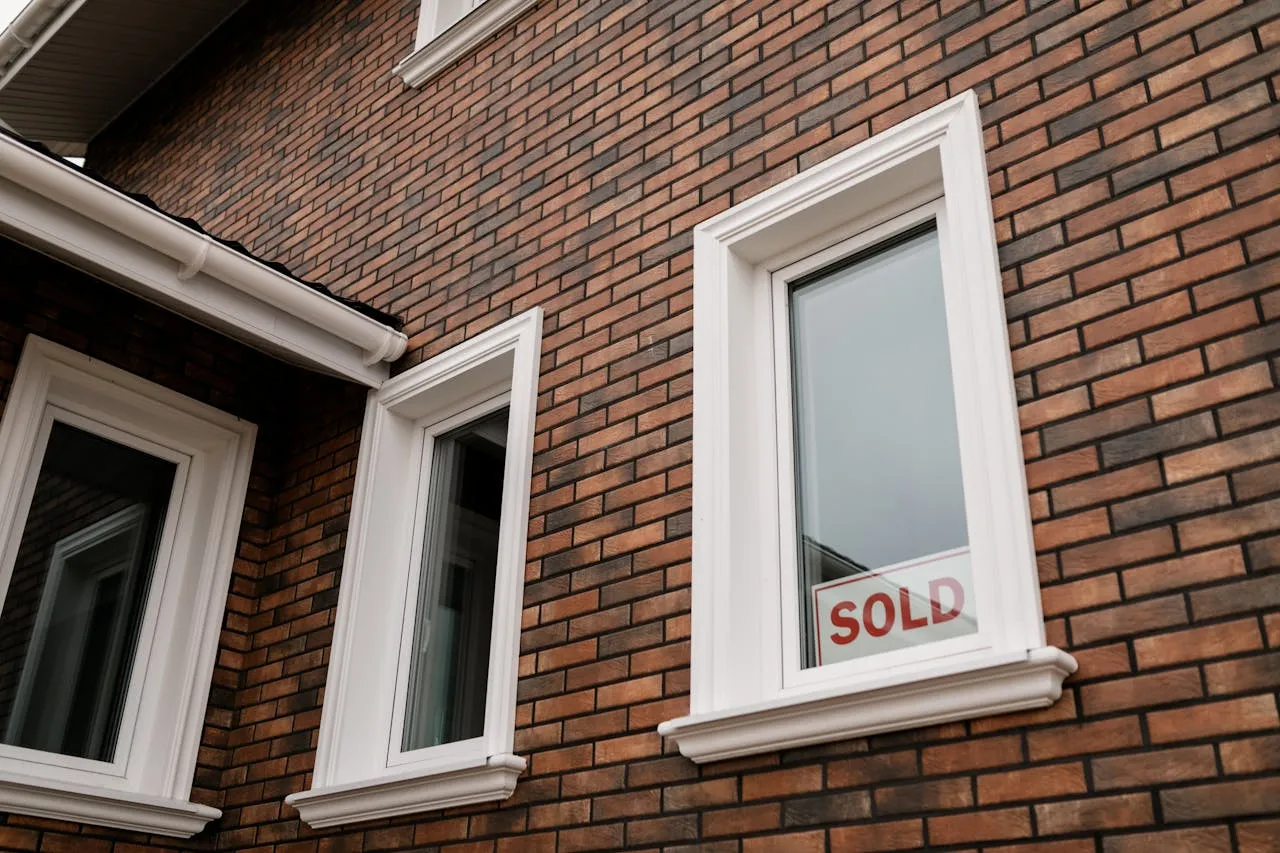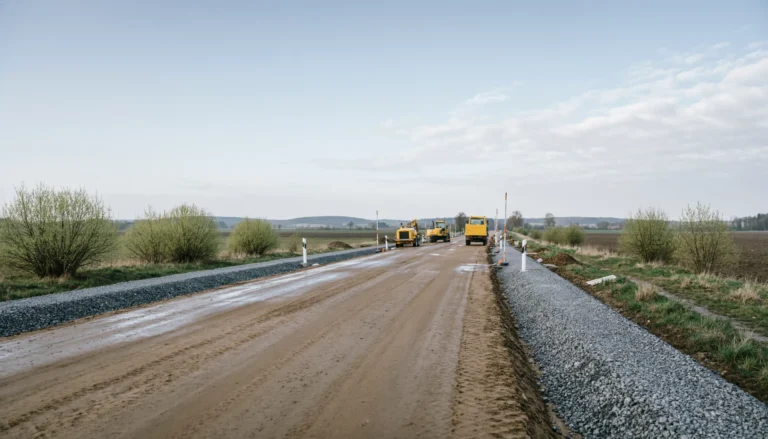
In the first eight months of 2024, only 25 out of every 1,000 U.S. homes were sold—the lowest turnover rate in decades, according to a report from Redfin. This marks a significant drop from previous years, with 37.5% fewer homes sold compared to the pandemic-driven frenzy of 2021, and 31% fewer than in 2019. Redfin’s analysis, spanning from 2012 to 2024, revealed that this year’s rate is the lowest in at least 30 years.
One of the main factors behind this decline is the “lock-in effect,” with over three-quarters of homeowners locked into mortgage rates below 5%. With rates peaking at 7.52% in 2024, many homeowners are hesitant to sell and take on a new mortgage at higher rates. While rates dropped to the low 6% range in August, it has not led to a significant rise in sales. Elevated home prices and low housing supply have also contributed to the lower turnover.
Economic and political uncertainty, including concerns about a potential recession and the upcoming U.S. Presidential election, has further discouraged buyers and sellers from entering the market. Additionally, many homes listed for sale have “gone stale” due to a lack of demand, especially those needing extra work.
The rate of homes being listed for sale is also at its lowest since at least 2012, with just 32 out of every 1,000 homes listed in the first eight months of 2024, down 30% from pre-pandemic levels in 2019.
Suburban and rural areas saw slightly higher home sales, with 25 out of every 1,000 single-family homes and condos changing hands, compared to 24 out of 1,000 in urban areas. Condos and townhouses have experienced the largest decline in turnover, driven by rising HOA fees and insurance costs.
Among major metro areas, Phoenix led the nation in housing turnover, with 38 out of every 1,000 homes changing hands. It was followed by Newark, NJ, Nashville, TN, and Tampa, FL. In contrast, Los Angeles had the lowest turnover rate, with only 15 of every 1,000 homes sold.
California dominated the list of cities with the lowest turnover rates, due in part to the state’s property tax laws, which encourage homeowners to stay in their homes longer. However, the Bay Area metros of San Jose, San Francisco, and Oakland were the only ones to see an increase in sales compared to 2023.




